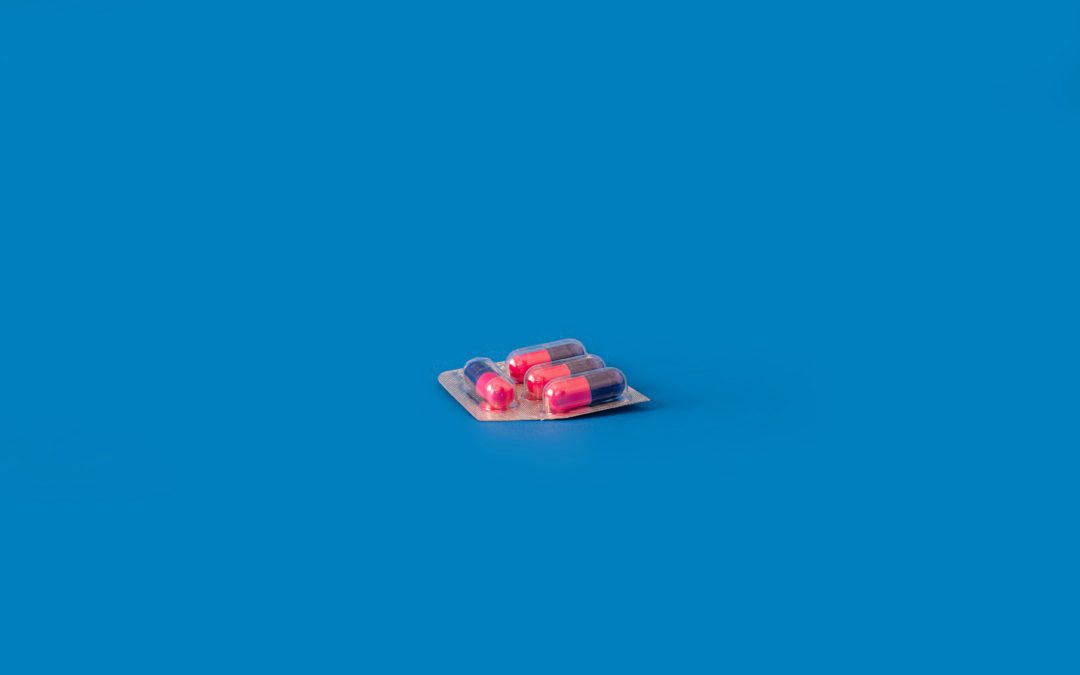Author: Birdie Thorn
I’d like to start off by saying that this is all based off my personal experience and my personal opinions. You should always consult with a doctor to determine what works best for you.
I have bipolar 2 disorder. I have attempted to treat my bipolar both medicated and unmedicated. The ending result was drastically different, as was the quality of my life.
When I was first diagnosed with bipolar, I was immediately put on medication. I didn’t know it at the time, but finding the right medication is a journey and not a sprint. The first medication I was put on did not help me or my bipolar symptoms. I stayed on it for about three months until I convinced myself that I didn’t need medication because I didn’t believe I was correctly diagnosed. I believed this because this medication didn’t work.
I got off the medication and went back to regulating my moods with a more holistic approach. This worked great initially. I was exercising regularly, eating good, and trying to be aware of my feelings. So, when I went into a depression, I was shocked, confused, and angry. I was doing everything right? Why was I back to this place? I went back to the doctors and was once again put on medication. As you can imagine, I did the same thing as I had done before. I repeated this cycle for 10 years. I would take my medication for a few months and then convince myself that I was either improperly diagnosed or that I could manage my symptoms on my own.
Why would someone do this to themselves?
For me, it was the stigma associated with medicating a mental health disorder. When someone breaks their arm, we don’t think twice about them taking medication for the pain. When someone develops a bacterial infection in their body, we encourage them to get the proper medication. Why then are we so against someone with a mental health disorder taking medication for their mind?
I was told by (nonprofessionals) people that if I just ate right and exercised that I would by fine. I was told that medication was a way for big pharma to control us. The one thing I was told that stressed me out the most was, what would you do if there was an apocalypse and you didn’t have your medication?
This advice nearly killed me. The final straw was when I went into such a deep depression that I never thought I would come out of it again. Desperation to live drove me back to the doctors to seek medication once again. This time was different though. I was not only receptive to the medication, but I was finally prescribed one that would successfully treat my symptoms.
I didn’t know that I could live in such a stable mind as I do now.
I thought living with bipolar meant that I would forever be on a rollercoaster that only offered twists and turns and went up and down. I now know that with the right combination of medication and lifestyle changes, that we can, in fact, live a linear life.
I am happily medicated, but that doesn’t stop people from offering their “cures”. I think a lot of the time it is with good intentions. The problem is that good intentions can lead someone to catastrophic results. I simply tell people that I appreciate their concerns, but I have found what works best for me and my bipolar experience and I wish them the best of luck on their journey.
The content of the International Bipolar Foundation blogs is for informational purposes only. The content is not intended to be a substitute for professional medical advice, diagnosis, or treatment. Always seek the advice of your physician and never disregard professional medical advice because of something you have read in any IBPF content.


